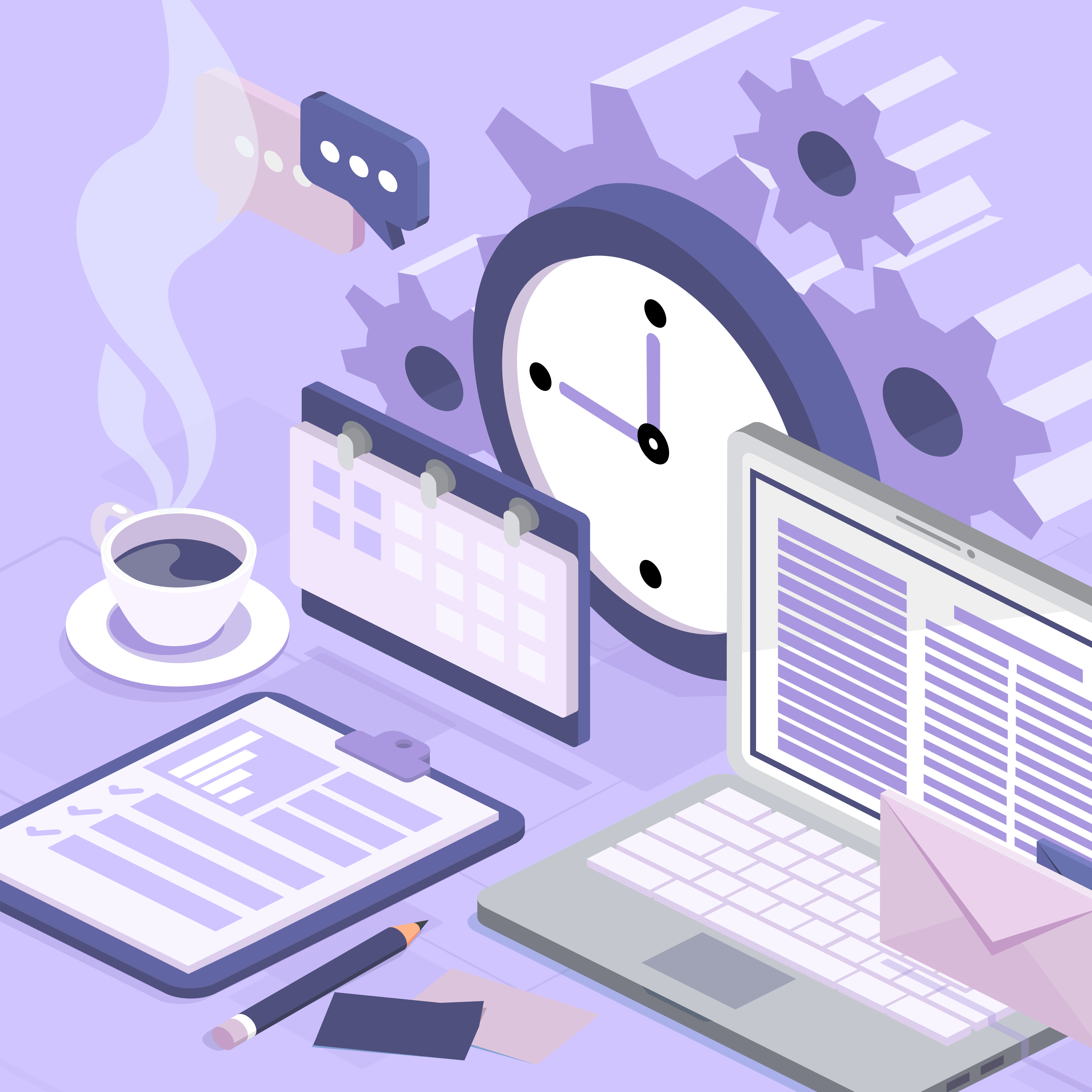The Limits of Human Memory
In the previous article, we explored what a “good schedule” looks like from the unit’s perspective and why producing it is so challenging. In this article, we turn to the people behind the schedule — the nurse managers — and how human cognitive limits make the job harder than it needs to be.
Picture this: It's 11 PM, you're staring at next month's schedule, and your brain is trying to juggle whether Sarah can work nights, if Mike's already hit overtime, and whether you have enough ICU-certified nurses for the weekend.
Sound familiar?
If you've ever felt overwhelmed by the mental gymnastics of nurse scheduling, there's actually a scientific reason why — and it might change how you think about getting help with this critical task.
The Science Behind Our Scheduling Struggles
Ever heard of the "magical number 7 ± 2"? It's a foundational principle from cognitive psychology research conducted by George Miller in 1956. His studies revealed that most people can hold just 5 to 9 items in short-term memory simultaneously.
But here's the crucial part that affects every nurse manager: under conditions of stress, multitasking, and fatigue — the daily reality for most nursing leaders — that capacity shrinks dramatically to just 3 to 5 items.
When Scheduling Becomes a Complex Puzzle
.png)
Consider a typical scheduling scenario that many nurse managers face:
- One nurse requests time off for a medical appointment
- Another is available to cover, but it would be her third consecutive night shift
- A third nurse has the required specialty skills but needs to leave early the following day
- Patient census has unexpectedly increased
- Another unit is requesting backup support
- Union rules require specific break intervals
- Budget constraints limit overtime opportunities
- A regulatory inspection is scheduled for next month
That's already 8+ interconnected variables, and we haven't even considered individual preferences, skill mix requirements, or patient acuity levels.
The Human Response to Cognitive Overload
When our mental bandwidth reaches its limit, even the most experienced scheduling professionals naturally begin to simplify their decision-making process:
- Pattern Defaulting: Falling back on familiar templates ("Jenny always works Sundays, so I'll schedule her again")
- Preference Filtering: Setting aside "soft" requests that aren't strictly necessary ("Sorry, I know you prefer not to work Mondays, but...")
- Trade-off Blindness: Missing creative solutions that could satisfy multiple constraints simultaneously
And it carries a cost: elevated anxiety, decision fatigue, and blunt interactions that erode trust — accelerating burnout for both managers and staff.
Where AI Can Make a Difference
The opportunity isn't to replace nursing judgment with artificial intelligence, but rather to augment human decision-making capabilities. Think of it like using a calculator for medication dosage calculations — you wouldn't attempt complex pharmaceutical math manually, not because you lack mathematical ability, but because the tool handles computational complexity while you focus on clinical assessment.
AI-powered scheduling tools can:
- Process multiple variables simultaneously without cognitive fatigue
- Identify optimization opportunities that might not be immediately apparent
- Model "what-if" scenarios instantly to show the impact of different decisions
- Free up mental bandwidth for the uniquely human aspects of nursing leadership
The Strategic Advantage
When artificial intelligence handles the computational heavy lifting of schedule optimization, nurse managers can redirect their expertise toward:
- Building stronger team relationships through more personalized attention to individual needs
- Strategic workforce planning to anticipate future staffing challenges
- Quality improvement initiatives that enhance patient care outcomes
- Professional development opportunities for team members
Looking Forward
Human judgment should stay at the center of nurse scheduling — AI simply extends its reach.
The question isn't whether AI will change healthcare scheduling.
It's whether forward-thinking leaders will embrace these tools to work more effectively and reduce the cognitive burden that comes with managing complex staffing decisions.
.png)


%20(2).png)